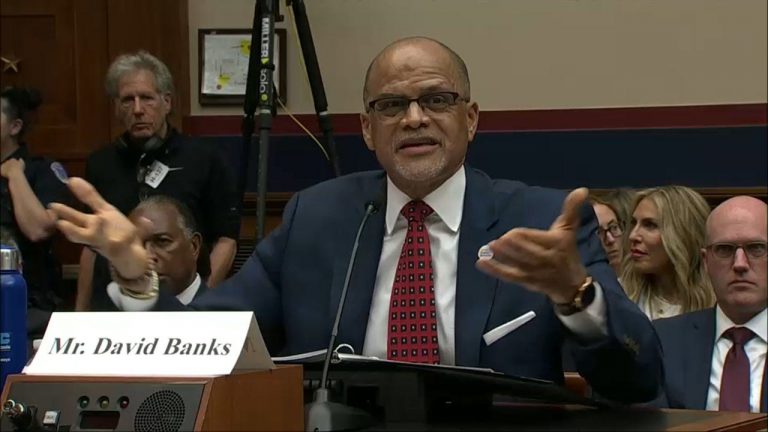West Virginia’s Attorney General criticizes DEA for hiding important opioid database
The West Virginia Attorney General is raising concerns over the decision to limit public access to a database on opioid provider registrations, calling it a critical resource in the fight against the opioid crisis.
The Controlled Substances Act Registration Information Database, previously available to the public, has been restricted to a case-by-case, agency-approved basis since January 2021. This database, which provided real-time information about active and retired DEA registrations, is now only accessible to those who can demonstrate a legitimate need for the information.
West Virginia Attorney General Patrick Morrisey, deeply involved in combating the opioid crisis, expressed deep concern over this decision. The database was essential for pharmacies to verify a provider’s registration status before dispensing opioids and for public accountability in DEA registration decisions.
Highlighting the importance of transparency in registration decisions, Morrisey emphasized the need for increased public access to monitoring and holding the DEA accountable in its efforts to combat the opioid epidemic.
The decision to restrict access to this vital database comes at a time when opioid-related overdose deaths are on the rise. Opioid deaths increased by 38% from Jan. 31, 2020, to Jan. 31, 2021, according to the DEA’s website.
West Virginia has witnessed the highest drug overdose mortality rate in the country, with 90.9 deaths per 100,000 population in 2021. Nationally, drug overdose deaths have increased significantly since 1999, with opioids playing a major role in these fatalities.
Morrisey’s office has been conducting investigations into the role of federal regulators in allowing the excessive overproduction of prescription opioids, contributing to the crisis. Pushing for increased transparency and accountability, Morrisey demands answers from the DEA and the Commerce Department regarding their decision to restrict public access to the database.
He seeks information on the number of applications denied, the criteria used for access approval, and urges immediate action to address these concerns and make the information freely available to the public.
It is imperative to maintain broad access to registration information not only for pharmacies but also for journalists and advocacy groups to monitor government actions closely. More oversight on DEA’s registration decisions is crucial in ensuring effective measures are taken to combat the opioid epidemic.
In conclusion, transparency and accountability are key in the ongoing battle against the opioid crisis, and access to essential databases like the Controlled Substances Act Registration Information Database is crucial in saving lives and holding responsible parties accountable.








